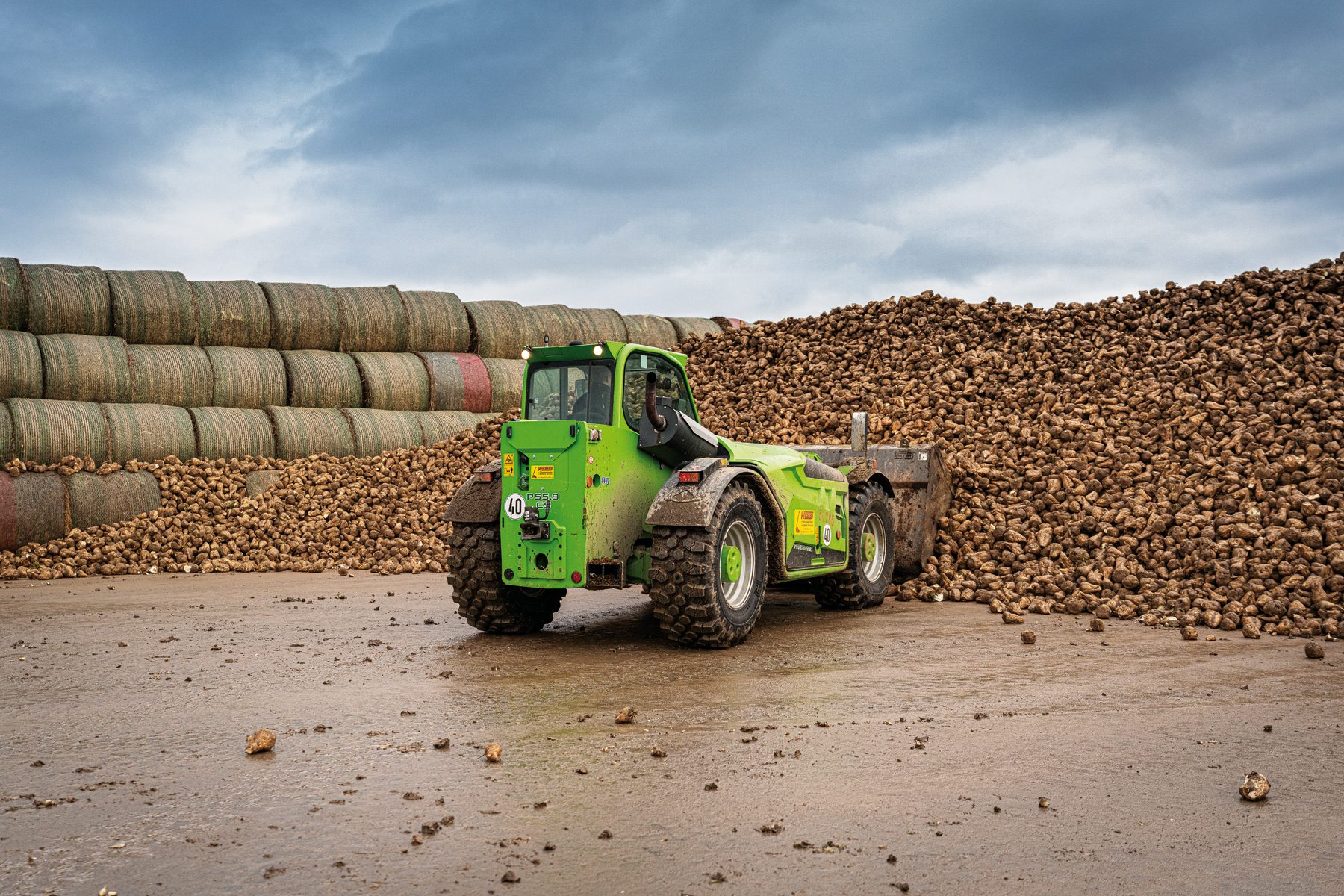Feeding successfully with KWS Feedbeet
KWS Feedbeet is a multi-dimensional approach, which combines the know-how in plant breeding with innovations in cultivation, handling, storage and feeding of beets. High dry matter beet types are preferred in intensive feeding systems and could be fed fresh or ensiled to livestock in the barn.
What makes feeding beets attractive?
KWS Feedbeet supports the diversity of homegrown forage systems and can help to fill the gap of winter forage. Ensiling of beets is a proven method of conservation and allows year-round supply. The diversity which KWS Feedbeet brings to crop rotation can be a considerable component in meeting obligations from the EU Common Agricultural Policy.
Benefits on Farm
Improve Income Over Feed Cost (IOFC)
By higher milk revenues and lower feeding cost.
High feed value
Due to high palatability, digestibility and its high energy content.
Nutritional consistency
No impact on nutritional profile (energy, protein, …) based on harvest time.
Better animal health
Because it is a rumen friendly feedstuff, providing an additional carbohydrate source and a range of fermentable fibers.
Increase proportion of homegrown feed
Reduce costs of purchased feedstuff.
Improved nutritional heat stress
Based on Potassium content and high digestibility.
Year-round availability
Combination of fresh and preserved feed with a silage fitting to your feeding practice.
Non-GMO
Crop Benefits
-
High dry matter yield and crop stability
Reach maximum yield, because KWS Feedbeet is a non-maturing crop and continues growing through the autumn.
-
_cut.png)
-
Flexible and broad harvesting window
Without affecting the nutritional quality.
-
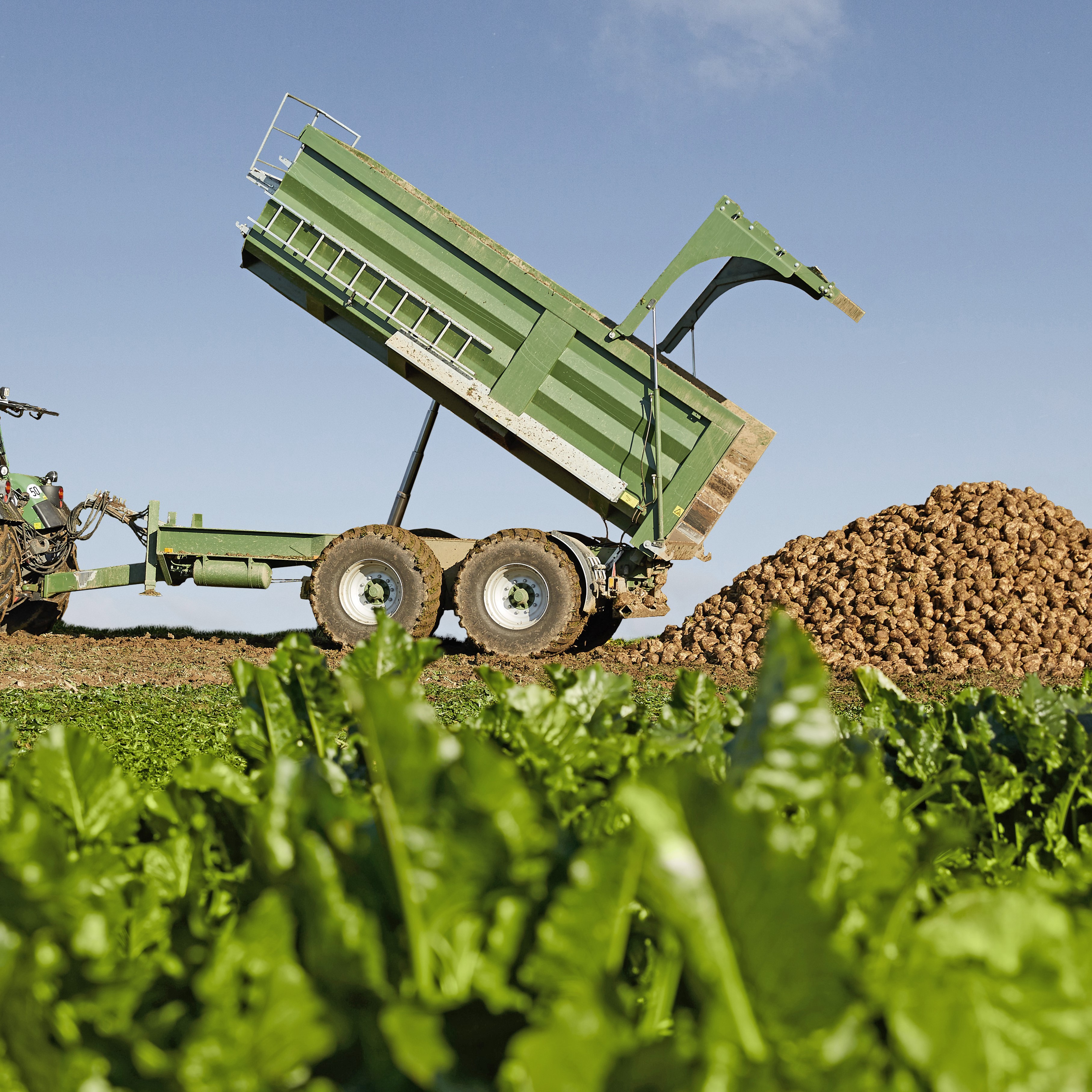
-
Robust and efficient crop
High water and nitrogen use efficiency. Broad resistance and tolerance spectrum against all revelant beet diseases.
-

-
Lower risk of crop damage
Compared to other crops, wild boars are more visible and easier to handle.
-
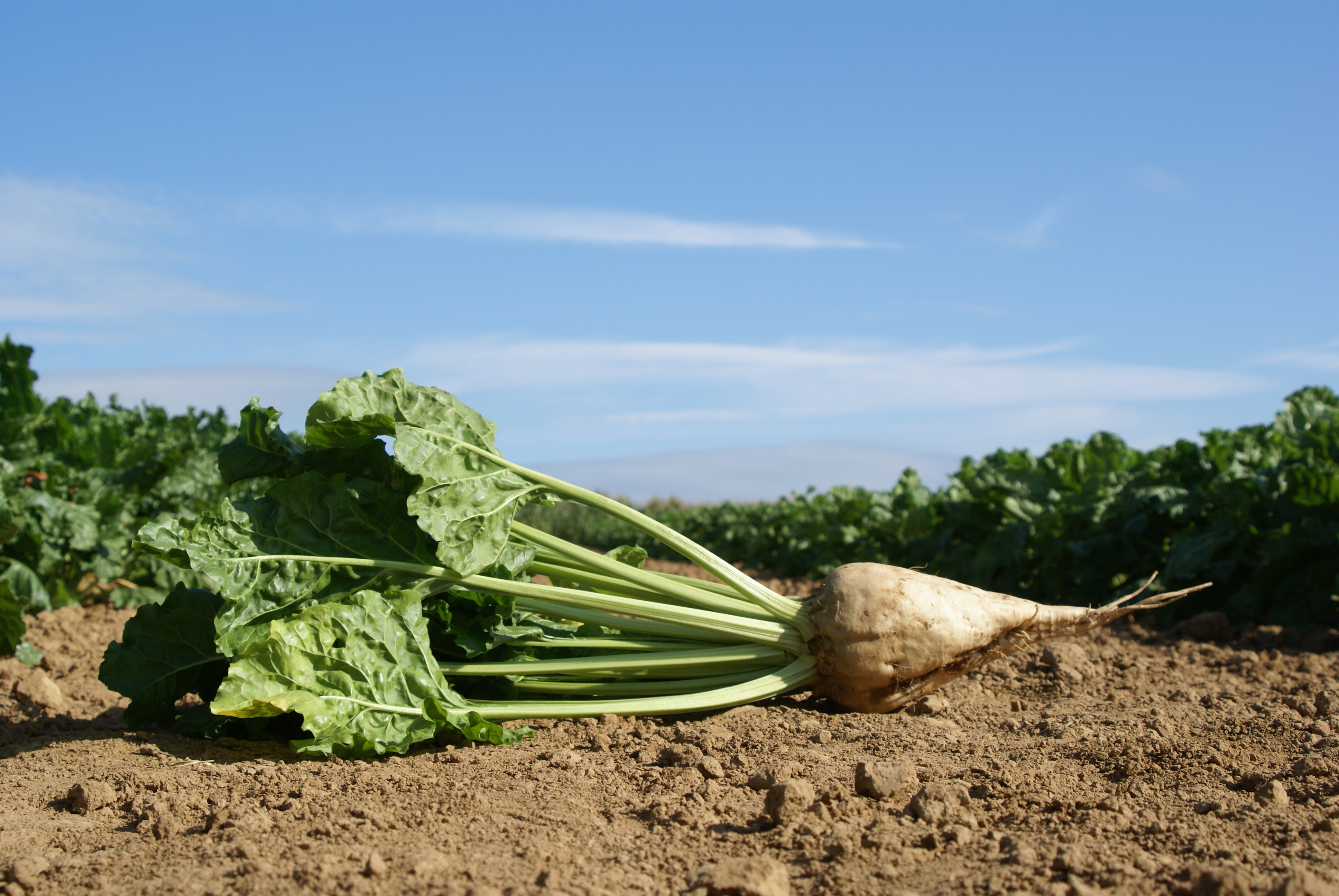
-
Improved land use efficiency
High dry matter yield and energy content compared to other crops. Consistent yield increase per year through breeding.
KWS Feedbeet - Decreases Dependency on supplementary Purchase of energy rich Feed
With its predictable and stable yield it secures your feedstuff supply on farm. The superior yield lowers your production cost per energy unit. Feedbeet minimizes your dependency on price fluctuation in the commodity market. As concentrates are usually highly volatile in price, homegrown feedbeet gives cost calculations a solid base.
Feeding fresh or ensiled
Feedbeet can be fed fresh or ensiled. All categories of ruminants will love it either way. From the experience with a large number of farms, nutrition experts today can easily help you recalculate the ration and include feedbeet.
For example in dairy, at a rule of thumb, 3-5 kg dry matter/cow/day could be used in the total mixed ration, depending on animal size and production level.
It takes a maximum of 10-14 days to get the animals used to their new ration.
Feeding guideline:
- Ensure good quality beets (clean and undamaged beet)
- A transition period of 10-14 days is recommended
- Provide effective fiber to stimulate rumen function and ensure animals’ crude protein requirements are being met with protein supplements
- Fine chopped beets decrease the selection potential by the cow and the risk of swallowing bigger pieces of beets
Particle Sizes of crushed Beets
Discover more
Your contact partner

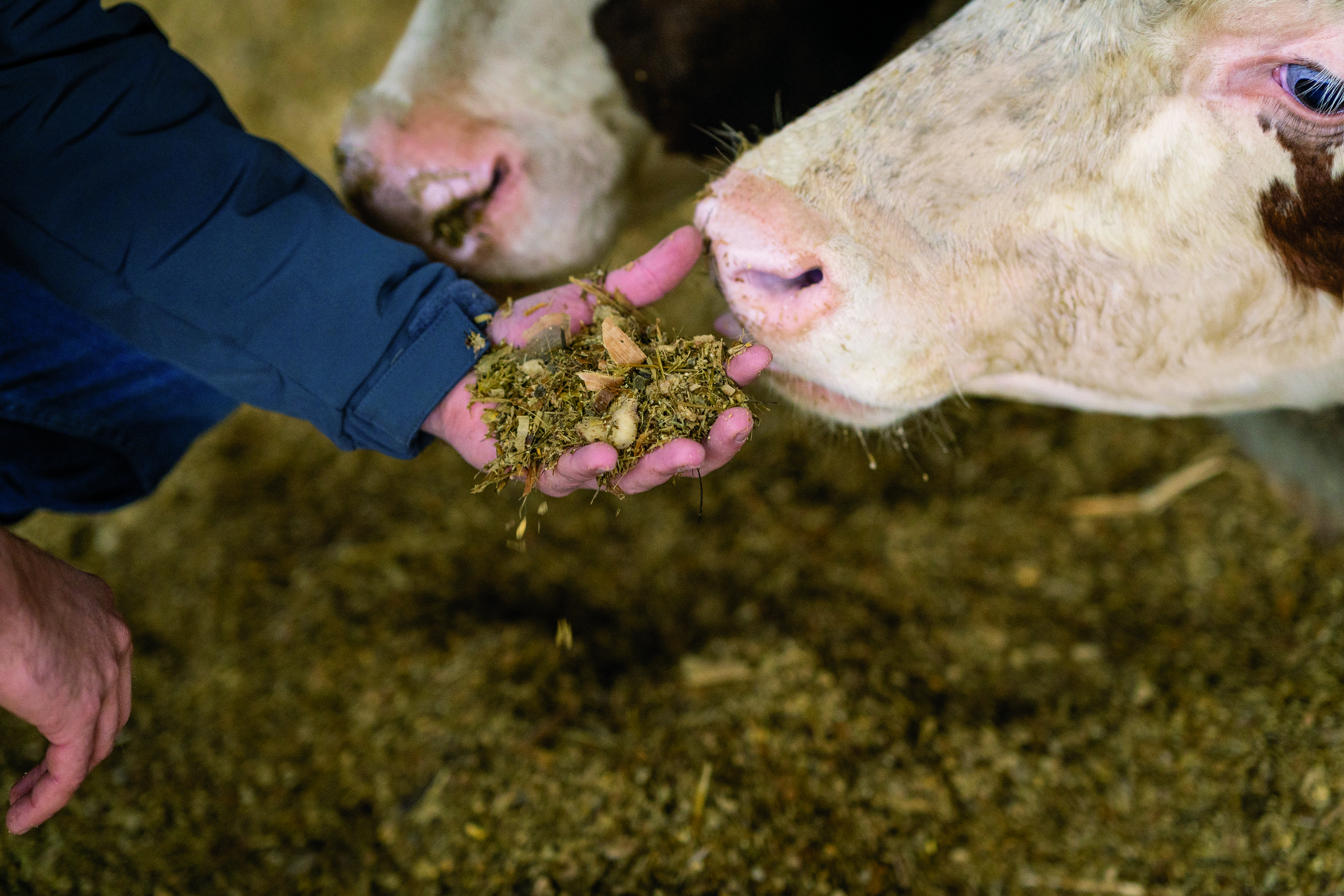
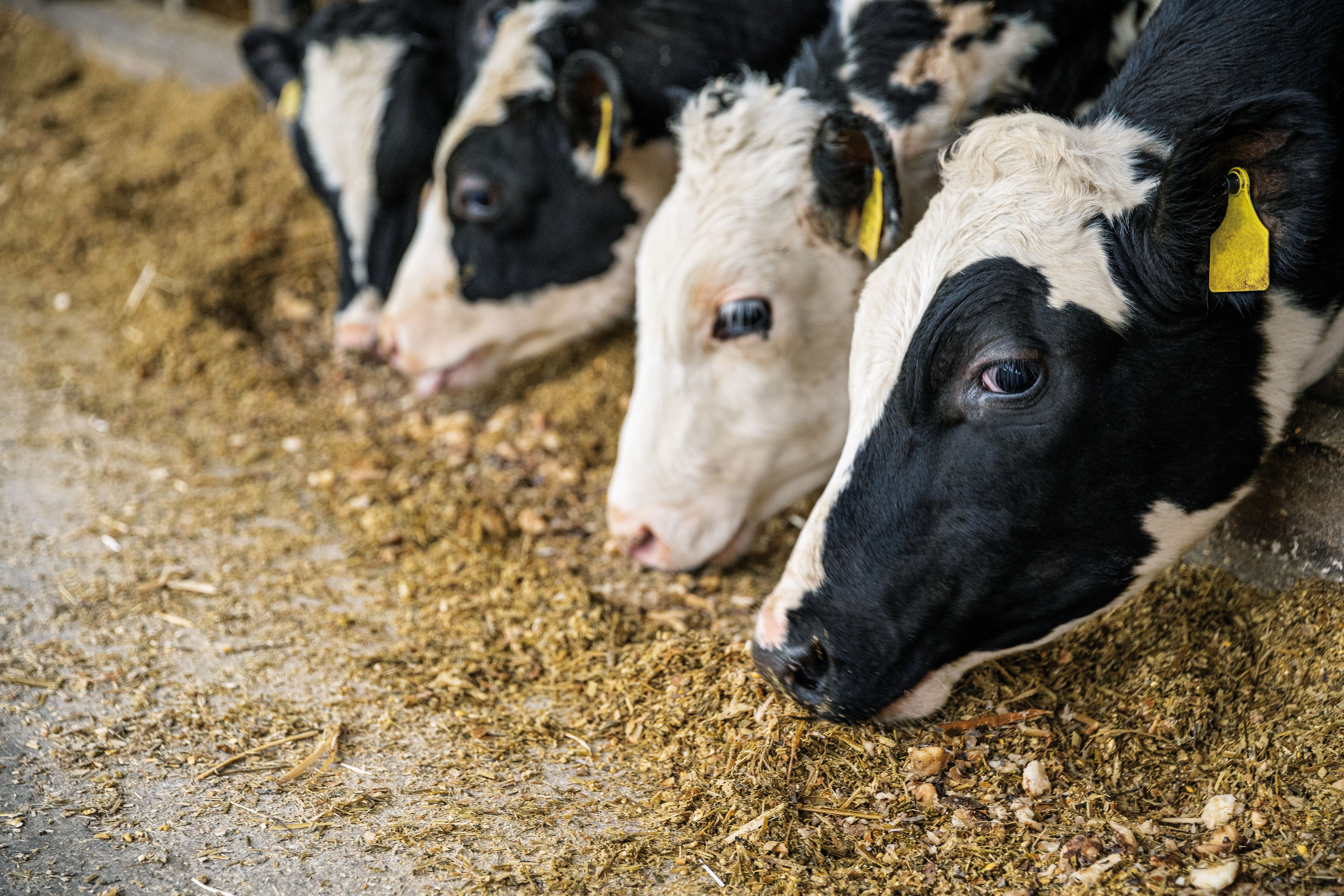
_cut.png)



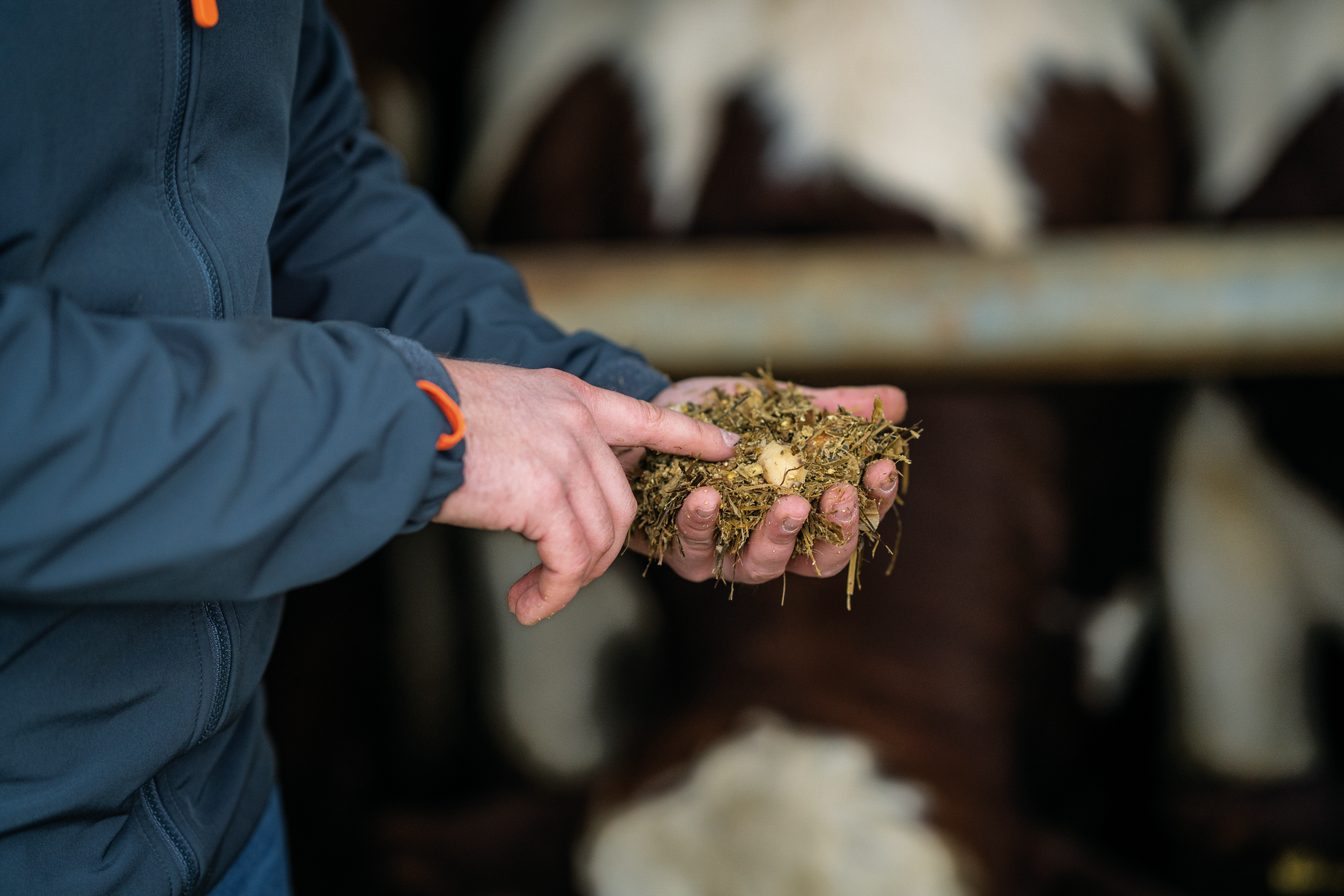

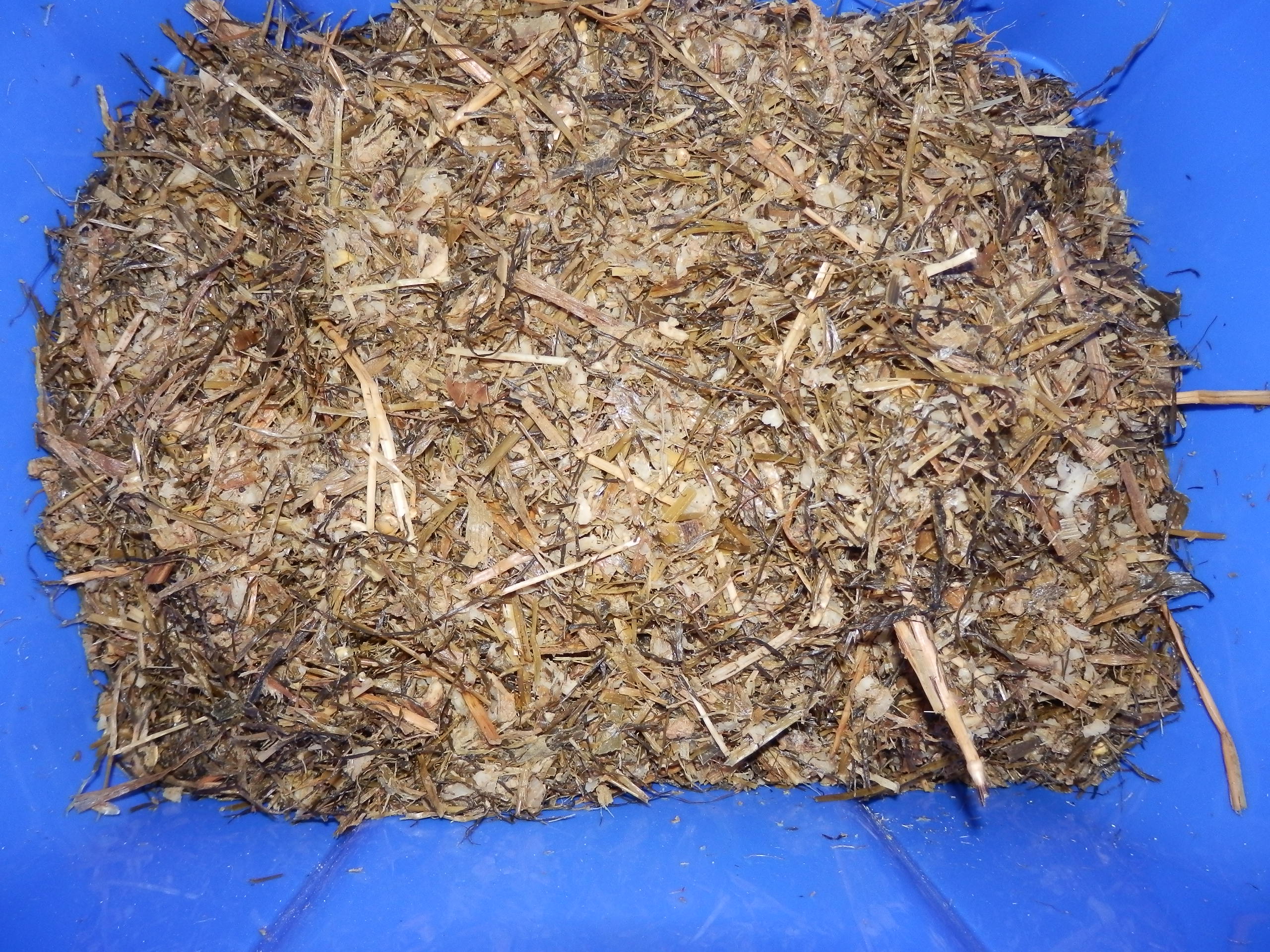
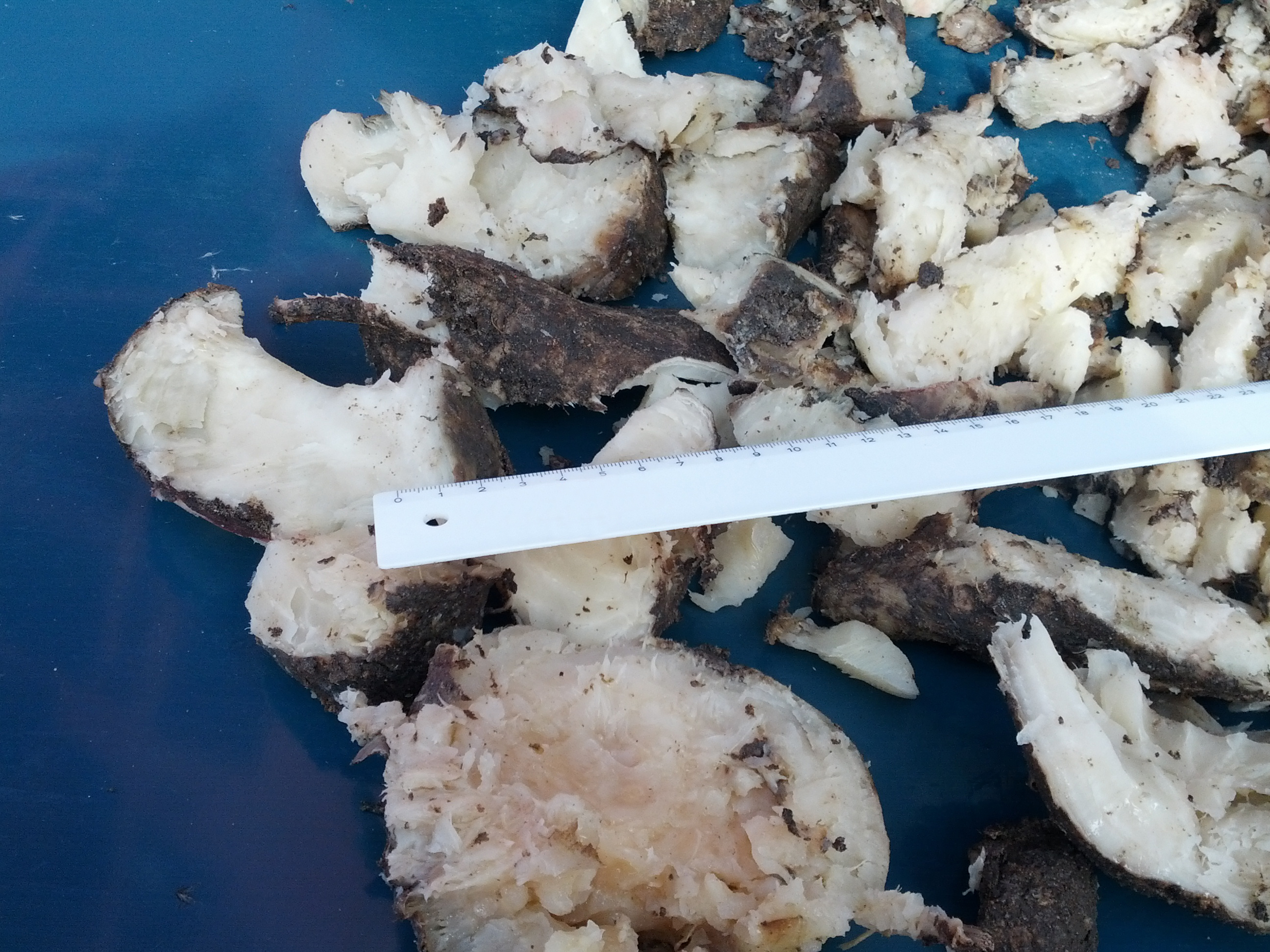
.png)
